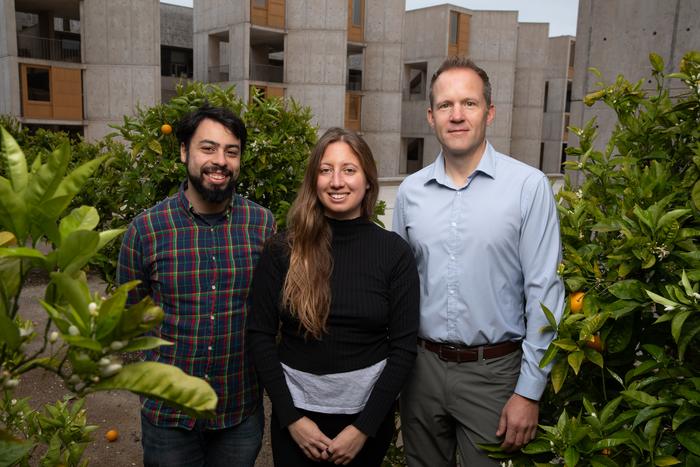Scientists at the Salk Institute are pioneering the use of AI to engineer plants that can combat climate change by storing carbon more effectively in their root systems. Their innovative approach, led by Salk Fellow Talmo Pereira and Professor Wolfgang Busch, involves leveraging an AI program called SLEAP to monitor and analyze root growth characteristics crucial for carbon sequestration. By identifying genes associated with desirable traits, researchers aim to design climate-resilient plants capable of storing more carbon.

Source: Salk Institute
Also Read: Intel Introduces Brain-Inspired Neuromorphic Computer
The SLEAP-based methodology has shown superior speed and accuracy in annotating and predicting plant structures across various species, including agricultural staples like canola, rice, and soybeans. The team emphasizes the importance of reproducibility and accessibility, making the SLEAP toolkit freely available as open-source software. With plans to collaborate with NASA scientists for studying plants in space, their research holds promise for addressing climate change on a global scale.
















